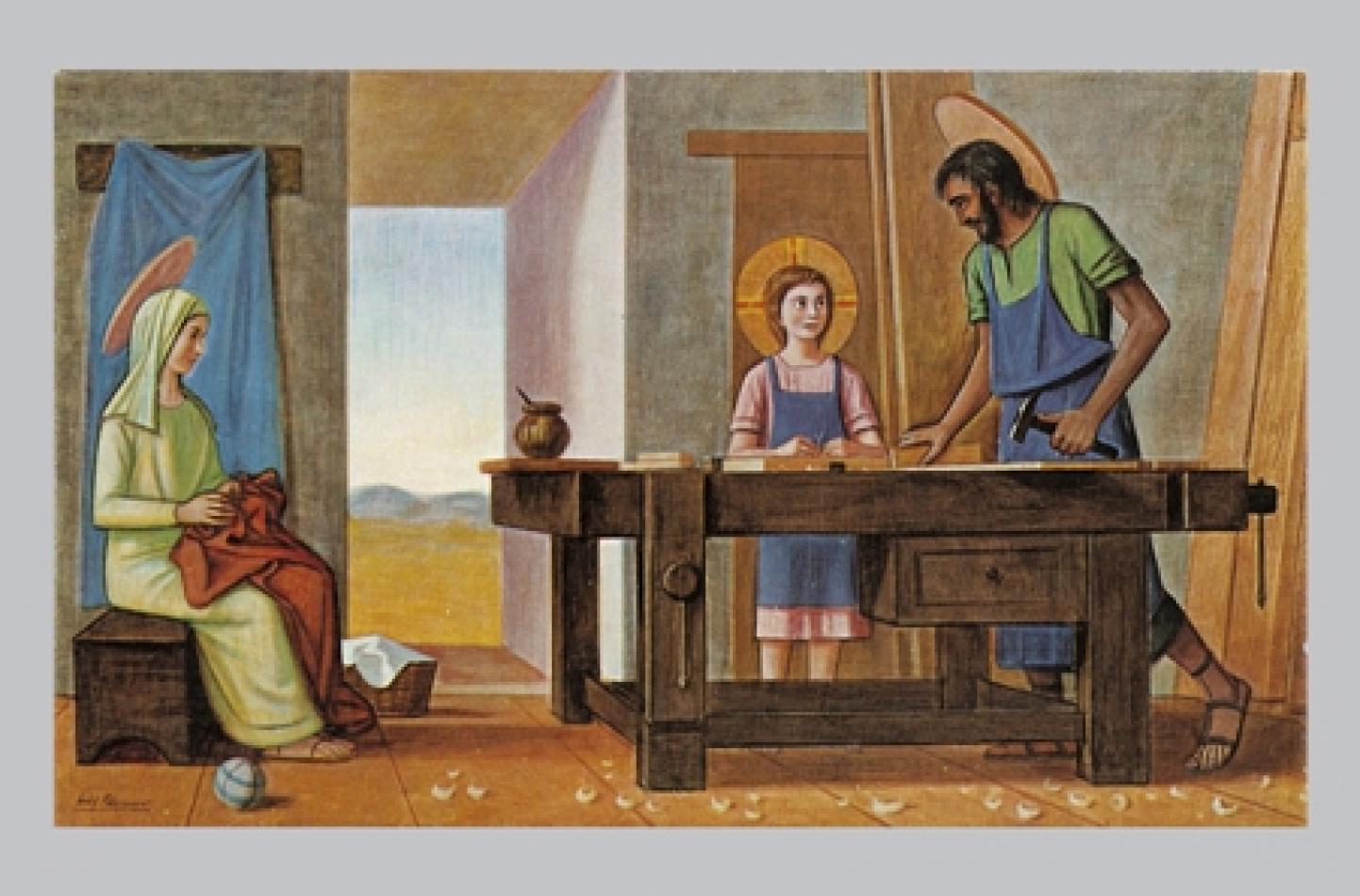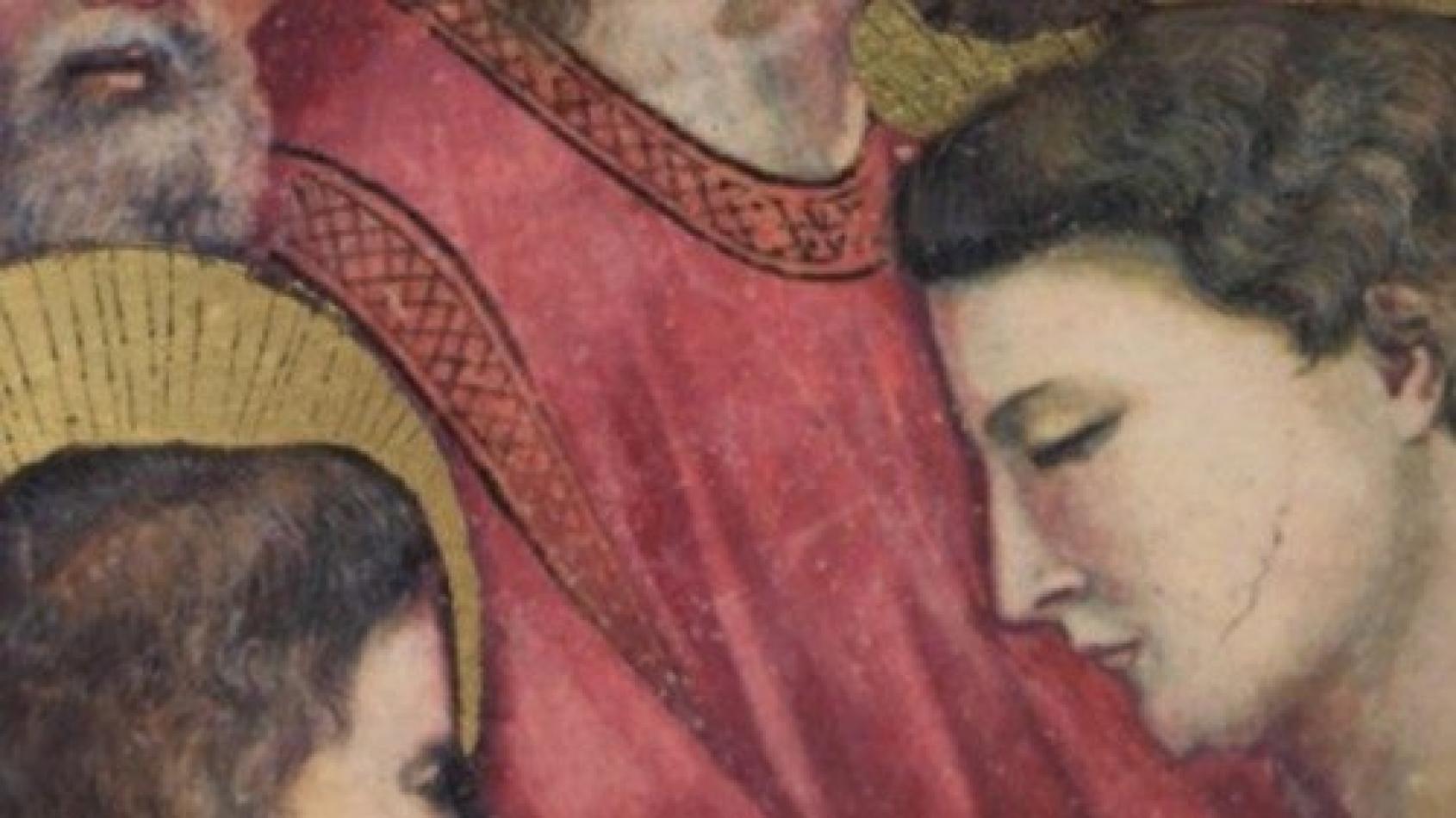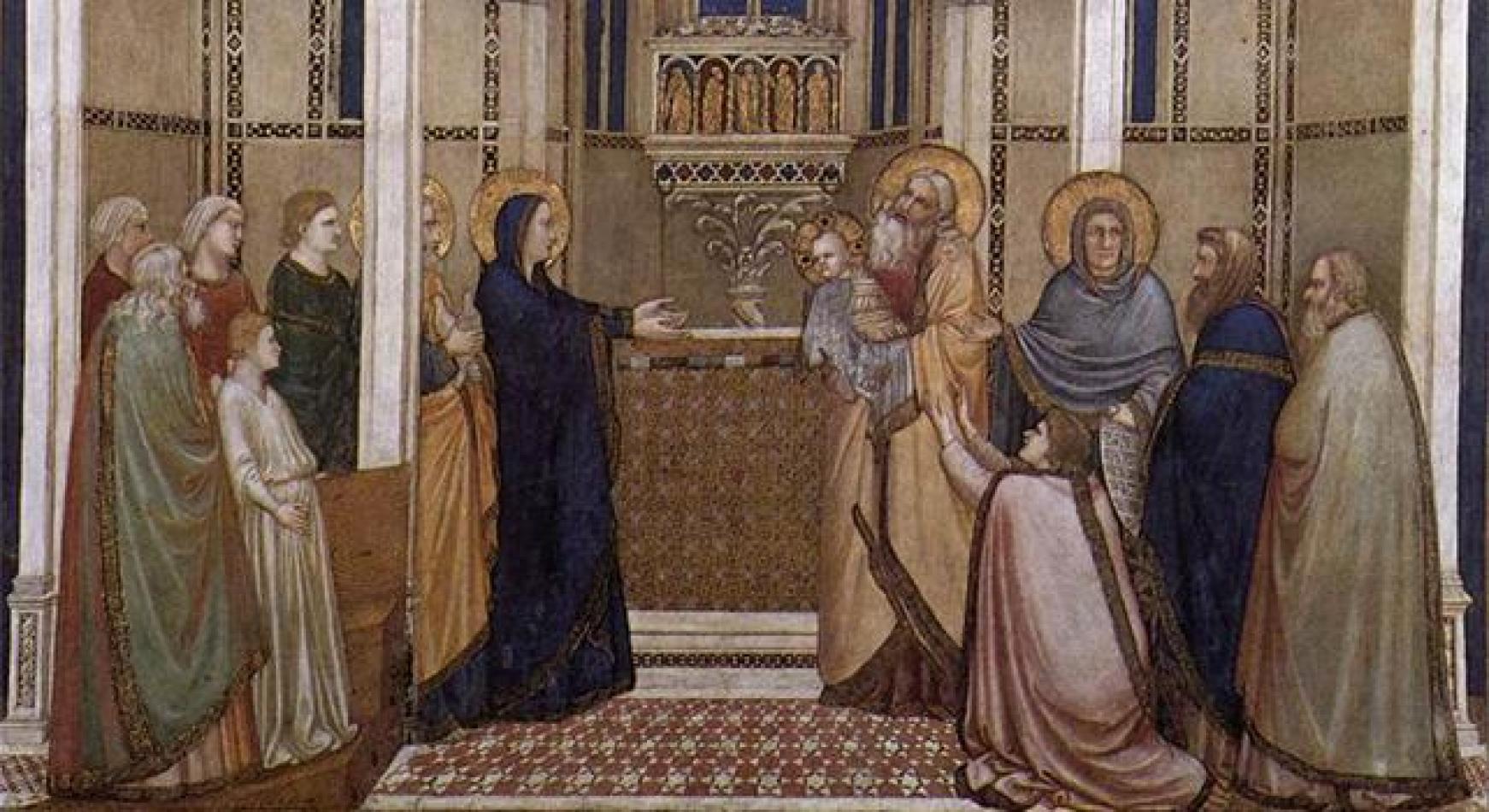Daniel Comboni
Comboni Missionaries
Institutional area
Other links
Newsletter
Today’s passage resumes the last verse of last Sunday’s and recounts what happened in the synagogue of Nazareth when Jesus proclaimed the beginning of the year of grace (v. 21). The difficulties of this text are few and also the interpretations given are varied.
Luke 4: 21-30
The Prophet: An uncomfortable person
Fr. Fernando Armellini
Today’s passage resumes the last verse of last Sunday’s and recounts what happened in the synagogue of Nazareth when Jesus proclaimed the beginning of the year of grace (v. 21). The difficulties of this text are few and also the interpretations given are varied.
It is not clear why the inhabitants of Nazareth suddenly pass from admiration for Jesus to insults and then the attempt to lynch him. He did not say anything provocative, why do they react in this way?
It is not even clear why he cites the two proverbs: “Physician, heal yourself” (v. and “No prophet is accepted in his own country” (vv. 23-24). The latter, in particular, seems out of place: why does he speak so if—apparently—they’re praising him? Mark says that he could work no miracle because of their unbelief (Mk 6:5). Luke instead suggests that they believe him capable of performing miracles. So why doesn’t he make them?
Finally, we would like to know also how he managed to escape from so many angry people. Has he miraculously vanished? But then he made the miracle that the villagers asked him. It cannot be so.
When reading the Gospel, we come across details that appear strange and improbable, there is reason to rejoice: they are valuable signs; they are an invitation to go beyond the mere matter of record and to seek the deeper meaning of the episode.
There is a fact that, more or less explicitly, is reported by all the evangelists: the inhabitants of Nazareth and the same family did not believe in Jesus (cf. Mk 3:21; Jn 7:5). Matthew and Mark place this refusal at the end of the preaching in Galilee (Mk 6:1-6; Mt 13:53-58). Luke instead anticipates it at the beginning of the public life for a theological and pastoral reason.
What happened in the synagogue at Nazareth is like an overture of the whole mission of Jesus. In this prelude to the main themes of his message (the salvation of the poor, the weak, and the oppressed), the initially favorable welcome, then misunderstanding, rejection, and condemnation to death are emphasized.
The attempted lynching implemented in Nazareth has its parallel in the scene of the passion when Jesus is led out of the city to be executed. And the expression: “Physician, heal yourself!” recalls the mockery made to him at the foot of the cross: “Let the man who saved others, now save himself” (Lk 23:35).
Having analyzed the evangelist’s theological objective, we see what are the reasons why the fellow villagers of Jesus react so aggressively to his words.
Apparently, the passage begins with the unanimous approval of the discourse given by Jesus in the synagogue: “All agreed with him, and were lost in wonder while he spoke of the grace of God” (v. 22). In fact the meaning of the text can only be different, otherwise, it becomes difficult to explain the sequel of the story.
The reaction of the audience is motivated only if Jesus has said or done something that has impacted their sensitivity. And one reason perhaps of the hostility can be discovered.
It is a custom during the celebration that he who proclaims the second biblical text reads at least three verses of the book of a prophet. In the poor synagogue of Nazareth, probably not all the books of the prophets are there except that of Isaiah. It is likely that—read and reread every Saturday—everyone knows it by heart. The passage chosen by Jesus, by the way, is one of the best known.
The irritation of the listeners may have been determined by the fact that Jesus abruptly stopped reading after a verse and a half. Why has he not gone further? If one reads what comes next, one can deduce the reason. After “I was sent … to announce the Lord’s year of mercy” the text continues: “and the day of vengeance of our God” (Is 61:2).
That was the phrase that everyone wanted to hear. The inhabitants of Nazareth, like all the Israelites, craved this revenge; they eagerly wanted the punitive intervention of God against pagans who had oppressed them for so many centuries. Now that that time of reckoning has arrived, here, instead of vengeance, Jesus announces a “year of grace,” the remission of all debts, the unconditional benevolence of God to all.
His “gracious words” contain an unacceptable, unprecedented message. All in the synagogue are witnesses to the partisanship of his approach to the holy books. Who does he think he is? Is he not the son of Joseph, the carpenter? The contrast between the traditional mindset that expects a glorious, winner and avenger Messiah and the gracious words spoken by Jesus is radical and will resurface throughout the public life. It is the conflict predicted by Simeon: “He is a sign established for the falling and rising of many in Israel, a sign of contradiction … out of many hearts, thoughts may be revealed” (Lk 2:34-35).
Jesus is not trying to ease the tension, to soften the differences explaining that everything is born from a simple misunderstanding. No, he heightens the tension with two proverbs: “Physician, heal yourself” and “no prophet is honored in his own country” (vv. 23-24) causing a second, disappointment in his countrymen. They heard about the wonders he worked in Capernaum and they are deluded to be able to witness those miracles that would mark the beginning of the Messianic era.
The two proverbs are a denial of their expectations, a distancing from their beliefs, a rejection of their dreams, and a sentence of their illusions.
In the second part of today’s Gospel (vv. 25-27) the tone of discussion rises further and becomes a provocation.
Jesus explains why he does not repeat in his village the works done in Capernaum: he behaves like Elijah and Elisha who helped foreigners instead of aiding the needy persons of their people.
This is just too much! The inhabitants of Nazareth understand where he’s getting to. Israel is not the only recipient of the promises made to Abraham and his descendants. They already did not like Jesus’ choice of leaving his village and moving to Capernaum, a market town full of pagans where life is not always conducted in compliance with the legal purity. Now they realize that his was not an isolated act, but a clear sign that God’s salvation has been extended to all peoples.
His gracious words irritate the assembly: they are a challenge to the pettiness and meanness of their religious convictions. At this point the reaction of his listeners is no surprise: all are taken by anger, they get up, drive him out of the city and try to throw him down the cliff (v. 29).
The last verse: “But Jesus passed through their midst and went his way” (v. 30) does not refer to his miraculous disappearance. It is a message of consolation and hope that Luke wants to give to the Christians of his community who are facing opposition, misunderstandings, disagreements, and hostility. The risk they run is to forget that what happened to all the prophets and to their Teacher is being repeated in them. Luke ensures: Protected by God, they, too, will pass through the midst of persecution and will continue confidently along until they reach their goal.
https://sundaycommentaries.wordpress.com




